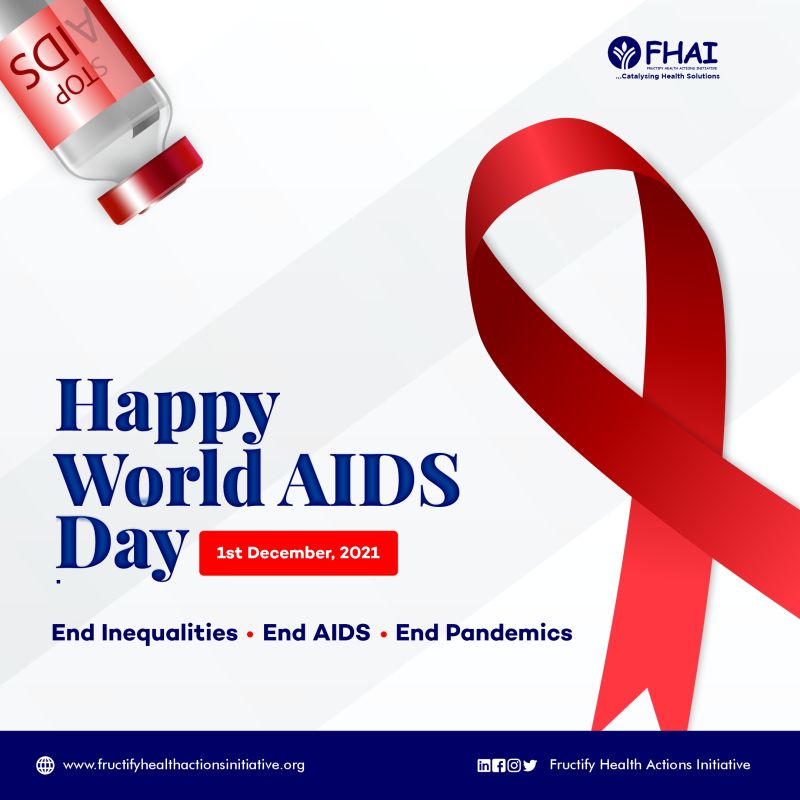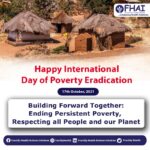HIV remains a major public health issue of concern that affects millions of people worldwide with about 37,700,000 people estimated to be living with HIV as at 2020, about 680,000 death resulting from HIV-related causes in 2020, and about 1,500,000 new infections in 2020.
With only about 73% of people living with HIV receiving lifelong antiretroviral therapy (ART) in 2020, COVID-19 has further exacerbated inequities and disruptions to interventional services, making lives more difficult for many people living with HIV. Unfortunately before the advent of COVID-19, the world has been battling with challenges such as divisions, disparity and disregard for human rights that have allowed HIV to remain a global health problem.
As highlighted by UNAIDS, executing measures such as community-led and people-centred infrastructure; equitable access to medicines, vaccines and health technologies; human rights to build trust and tackle pandemics; elevating essential workers, and providing them with the resources and tools they need; and people-centered data systems that highlight inequalities are key to tackling inequalities.
Interestingly, with aforementioned bold actions against economic, social, cultural and legal inequalities, we stand a good chance of reaching the target of ending AIDS by 2030, as well as a prolonged COVID-19 pandemic.
This year, we are therefore joining others in highlighting and tackling the growing inequalities limiting access to essential HIV services, and advocating the need to take concrete steps in reaching people that have been left behind to close the inequity gap.
Happy World AIDS day!
World Health Organization United Nations
#worldaidsday #inequities #hivaids



